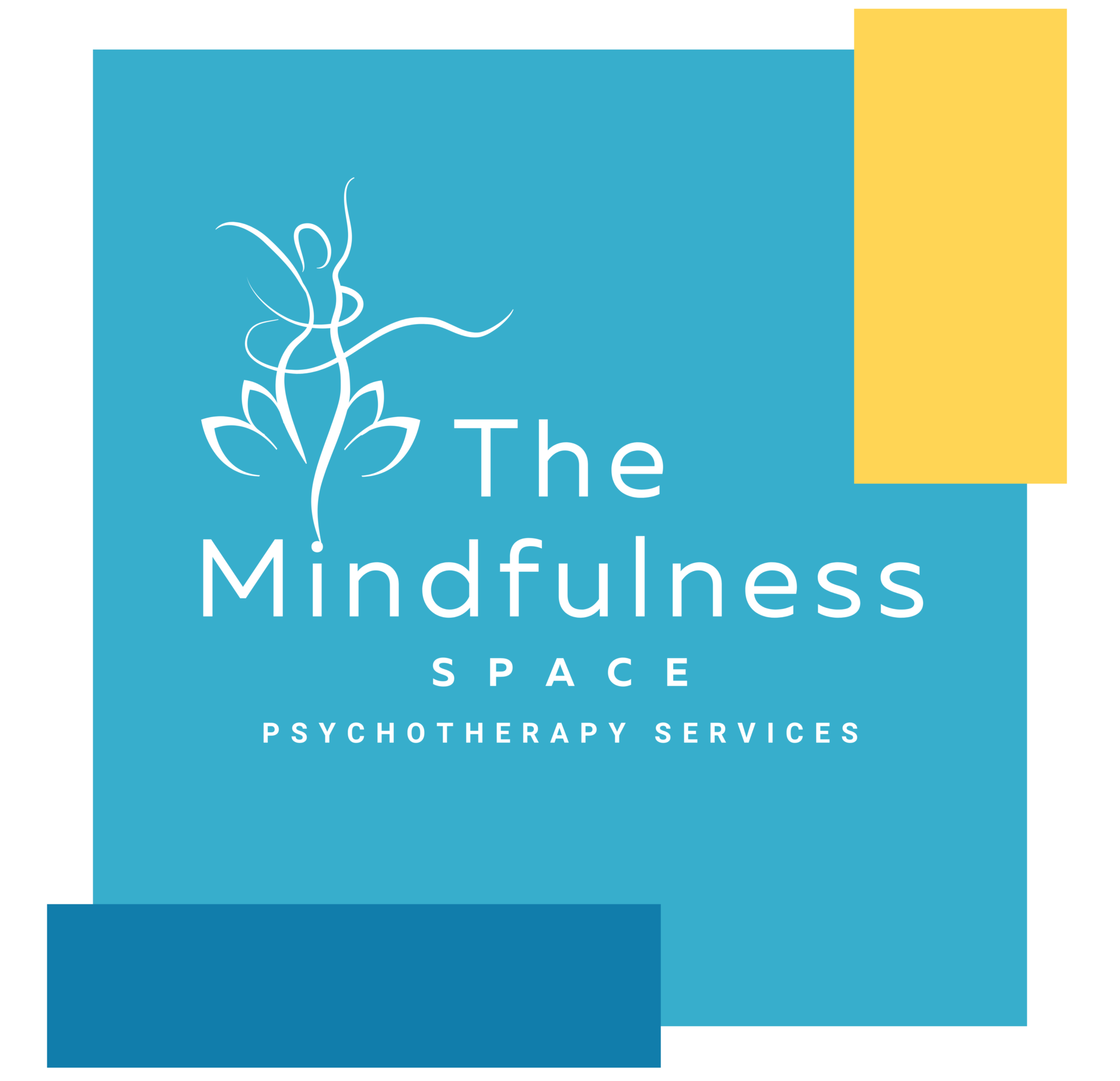Following the recent devastation caused by Hurricane Helene, many of us are feeling its impact, from the central to the western parts of our state and throughout the greater Southeast. Whether we are directly impacted or indirectly affected by witnessing these events or having loved ones in harm’s way, it’s common to experience heightened sadness, depression, fear, worry, a sense of chaos, loss of control, or general feelings of uncertainty.
For people living with disordered eating behaviors, these emotions can lead to attempts to regain control over their feelings or achieve a sense of normalcy through food.
Often, disordered eating behaviors act as a coping mechanism when people feel they’ve lost control in other areas of their lives. Restricting food, binge eating, or purging can temporarily give a sense of power, even when the external world feels unstable. However, this coping strategy is not sustainable and can negatively impact both physical health and emotional well-being.
So, how do we manage disordered eating behaviors when life feels, or is, out of control?
1. Acknowledge Your Emotions

Start by recognizing and naming your emotions. Accept that these feelings are a natural response to distressing situations or traumatic events that threaten your physical well-being and safety.
Example: “When everything around me feels unpredictable, it’s normal to feel scared or anxious.”
2. Ground Yourself to Regain a Sense of Safety
After acknowledging your emotions, notice how they manifest physically in your body. Are you feeling tension or tightness? A faster heartbeat? Maybe you feel fatigue or overwhelming tiredness.
Try this grounding exercise: Plant your feet firmly on the ground and focus your attention on the surface beneath them, pressing your toes into the floor. As you do this, pay attention to the sensations in your feet and the connection to the ground. Take three deep breaths, and with each exhale, imagine releasing some of the anxiety, tension, or fear, letting it flow out of your body. Repeat as needed.
3. Identify Alternative Ways to Regain Control
Once you feel more grounded, use methods like the DBT “Cope Ahead” skill to identify healthier ways to manage emotions when you notice urges to use food or other problematic behaviors as coping mechanisms.
Try the following:
•Allow yourself to cry: Crying can help by releasing neurotransmitters and hormones that promote emotional relief and calm.
•Take a break from triggering content: After a traumatic event, it’s tempting to stay glued to the news or social media for updates, trying to gain a sense of control. However, this often leads to more anxiety and distressing thoughts.
•Change your environment while practicing mindfulness: Stepping away from your surroundings—whether by taking a walk, going for a drive, or attending an event—can be helpful. Focus on fully engaging in the present moment without judgment.
•Talk about your emotions: Share your feelings with trusted people, or use journaling to process difficult emotions.
•Engage in acts of kindness: Help others who have been impacted.
4. Seek Support and Resources
For those directly affected, being aware of and using available resources is essential. Here are some resources you can use and share with others:
Apply For FEMA Benefits
Call: 1-800-621-3362
Website: www.DisasterAssistance.gov
Disaster Distress Helpline
The Disaster Distress Helpline, 1-800-985-5990, is a 24/7, 365-day-a–year, national hotline dedicated to providing immediate crisis counseling for people who are experiencing emotional distress related to any natural or human-caused disaster. This toll-free, multilingual, and confidential crisis support service is available to all residents in the United States and its territories. Stress, anxiety, and other depression-like symptoms are common reactions after a disaster.
Locate Loved Ones
Call: 211 for reunification services
For Buncombe County, contact the Register of Deeds at 828-820-2761 or visit BuncombeReady.gov
Submit the Red Cross form here: https://www.redcross.org/get-help/disaster-relief-and-recovery-services/contact-and-locate-loved-ones/hurricane-helene-reunification.html
Free Legal Aid of North Carolina
Provides individuals with free legal consultation. Legal Aid of North Carolina can help immediately after the storm:
- Provide survivors with information about their rights
- Answer questions about insurance and claims
- Advocate for people when they are applying for recovery fund assistance and appealing decisions
Benefits and Appeals / FEMA
- Access assistance
- Appeal decisions
- Recoupment
Call: 1-866-219-5262
Website: https://legalaidnc.org/
Emergency Prescription Assistance Program
The Emergency Prescription Assistance Program, or EPAP, was created to help people in a disaster who don’t have health insurance so they have access to: prescription medicine, medical equipment, medical supplies, and vaccinations. Hotline: 1-855-793-7470.
Disaster Disability Hotline
The Partnership For Inclusive Disaster Strategy’s Disaster Disability Hotline provides information, referrals, guidance, technical assistance and resources to people with disabilities, their families, allies, organizations assisting disaster impacted individuals with disabilities and others seeking assistance with immediate and urgent disaster-related needs.
The Disaster Hotline is always available for intake calls, 24 hours a day, 7 days a week, 365 days a year at 1-800-626-4959 and [email protected]. They will have their knowledgeable team respond to your call as soon as possible, often immediately, and intend to respond to all callers within 24 hours.
NC Disaster Unemployment Assistance
If your employment has been lost or interrupted because of a federally declared disaster, you may be eligible for Disaster Unemployment Assistance (DUA).
DUA is a federal program that provides temporary payments for people who, as a direct result of a disaster:
- No longer have the job that provided their primary source of income.
- Are unable to reach their place of unemployment.
- Cannot work because of an injury caused by the storm.
- Were unable to begin employment or self-employment due to the storm. Have become the major supplier of household income due to a storm-related death of the previous major supplier of household income.
Website: https://www.des.nc.gov/dua
5. Support Others in Need
For those not directly impacted but still experiencing anxiety or worry, supporting others can help regain a sense of control, empowerment, and connection. Here are a few trusted organizations where you can contribute:
Red Cross
Website: https://www.redcross.org/donate/donation.html/
The Salvation Army
Click here to donate!
The United Way
Website: https://support.unitedway.org/page/Helene
Save the Children Foundation
Click here to donate!
Legal Aid of North Carolina Disaster Relief Fund
Click here to donate!
Need Support Navigating an Eating Disorder?
If you or someone you love is struggling with disordered eating behaviors or body image dissatisfaction, The Mindfulness Space in North Carolina is here to help!
We offer outpatient-level eating disorder treatment to address the underlying psychological factors that often contribute to or worsen their symptoms through psychotherapy services! We also provide a full comprehensive clinical assessment to determine the severity of your symptoms and help you to determine which level of care is best for you!
Stefanie Lawson is a licensed therapist with nearly a decade of clinical experience, and is the owner of The Mindfulness Space therapy in Greensboro, North Carolina. She specializes in treating underlying depression, anxiety, stress, unresolved trauma, and other mental health concerns that often lead to eating disorders and body image dissatisfaction, including Body Dysmorphic Disorder, in adults and transitional-aged teens.
The Mindfulness Space is an in-network provider with many insurance plans, including Cigna, Aetna, United Healthcare, United Behavioral Health, and Optum. Contact us today to learn more and schedule your free 30-minute consultation with us today!
Shop with The Mindfulness Space!
Every purchase goes towards helping The Mindfulness Space provide accessible therapy for clients!
More from the mindfulness space…
Am I Dating a Narcissist?
Take the Quiz Here!










